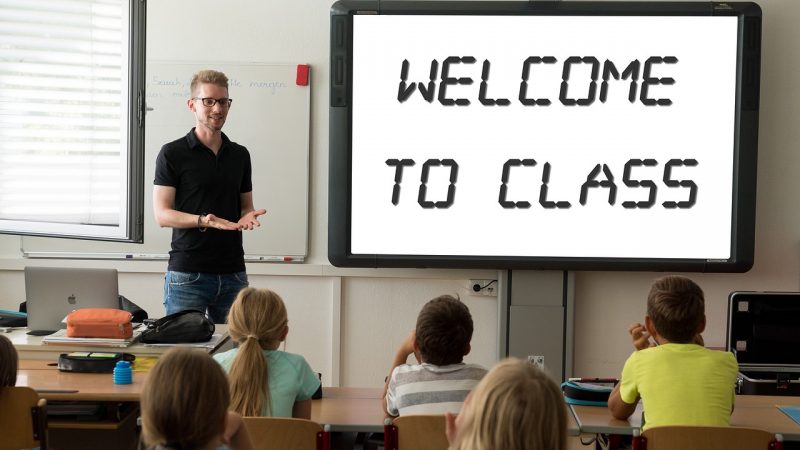Pursuing an education degree equips graduates with knowledge and skills valued across multiple industries. While many enter the teaching profession, an education major opens doors to diverse rewarding careers beyond the classroom. Here are nine great career paths to consider if you have earned a bachelor’s or master’s degree in education:
1. School Administrator
Education graduates can take on leadership roles managing school operations. Positions include principals, vice principals, deans, special education coordinators and athletic directors. These roles involve staff supervision, policy development, budgeting, student services and more. Administrative careers allow improving education while leveraging your leadership talents.
2. Curriculum Developer
As a curriculum developer, you design academic content and learning materials for schools or education companies. This involves researching trending teaching approaches, aligning content to educational standards and translating concepts into textbooks, manuals, media and digital tools. If you enjoy creating study materials, curriculum development utilizes your strategic thinking and instructional design skills.
3. Education Consultant
Education consultants leverage their pedagogical expertise to help organizations refine teaching methods and training programs. Consultants conduct instructional design, teacher training, program evaluation and improvement initiatives. You can work either independently or join a large consulting firm. The role allows sharing your knowledge to transform learning at multiple organizations.
4. Corporate Trainer
Every company provides training to develop its workforce. Corporate trainers design, develop and deliver training programs covering job skills, workplace policies and career advancement. You can use your understanding of adult learning techniques to craft effective professional development initiatives. The role combines education with strategic human resource development.
5. Education Researcher
Research aimed at improving teaching practices relies on doctorate-level experts in education. As an education researcher, you can investigate new instructional approaches, study learning behaviors and disabilities, assess technology applications and advise on evidence-based policymaking. If you enjoy discovering and analyzing solutions to complex problems, research is a great path.
6. Instructional Coordinator
Instructional coordinators oversee the curricular and instructional aspects of education programs at schools. Responsibilities include designing curriculums, training teachers on content and technologies, selecting instructional materials, and monitoring program effectiveness. The role allows using your education skills to guide others.
7. Education Specialist
This role provides specialized services and expertise to students with learning disabilities or special needs. As an education specialist, you will assess students, identify individualized accommodations, adapt curricula, implement intervention plans and support parents. Your degree equips you to fulfill this meaningful role improving lives through personalized education.
8. Childcare Director
A director manages the business and operational aspects of childcare facilities. Duties involve supervising staff, developing programs, communicating with parents, and ensuring a safe, nurturing environment. Your classroom expertise helps create a stimulating educational foundation for young children.
9. Academic Advisor
Academic advisors help college students select majors and courses, monitor degree progress, access campus services and develop career plans. You can leverage your classroom and counseling abilities to guide students’ academic success. Advising provides fulfillment through supporting the educational journeys of future generations.
An education degree offers multi-dimensional career opportunities across administrative, training, research and consulting roles. Your specialized expertise in teaching methods, psychology and curriculum can be applied in diverse settings to educate, enrich and inspire others throughout their lives.










